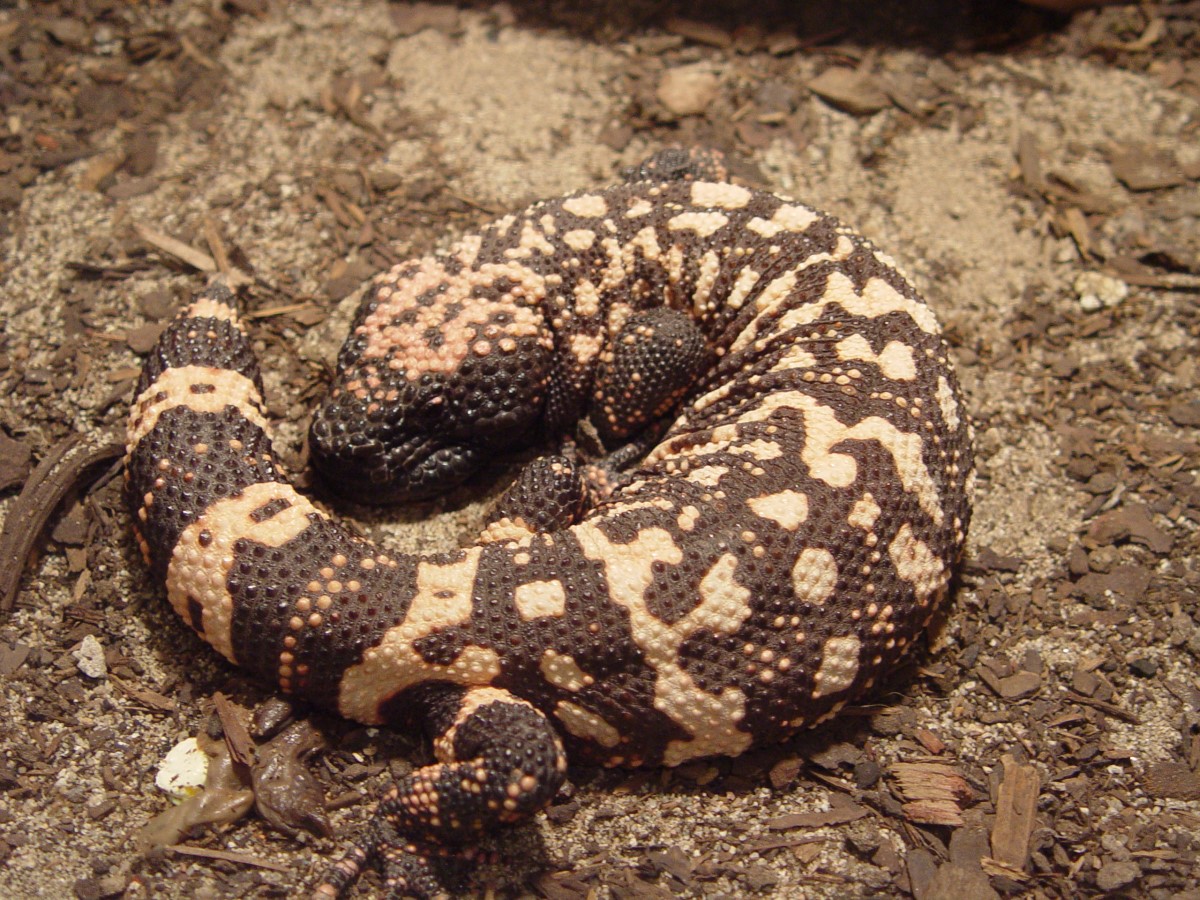
PET Scan based on lizard saliva detected rare tumor
On Oct. 18, 2024, a research team led by Radboud university medical center reported that a new PET scan reliably detected benign tumors in the pancreas. Current scans often fail to detect these insulinomas, even though they cause symptoms due to low blood sugar levels.
The researchers developed a new scan, the Exendin-PET scan, which allows for the precise localization of insulinomas. In the study, 69 adult patients with suspected insulinoma participated. The Exendin-PET scan detected tumors in 95% of the patients, compared to 65% with the current PET scan. When combined with CT and MRI, the current PET scan usually detected the tumor, but in 13% of cases, the insulinoma was only visible on the new scan.
The new scan is based on a substance found in the saliva of the Gila monster, a type of lizard native to desert areas in the United States. The substance from the saliva wasn’t stable in the human body, so the researchers created a more chemically stable version, called Exendin. The team then attached a radioactive substance to it, making it visible on a PET scan. The study was published in the Journal of Nuclear Medicine.
Tags:
Source: Radboud University Medical Center
Credit:
